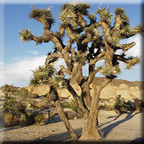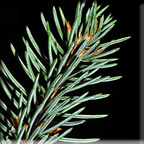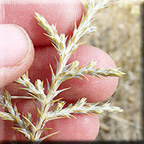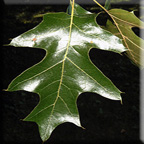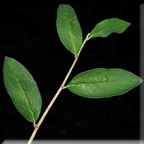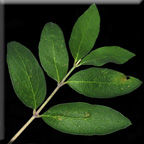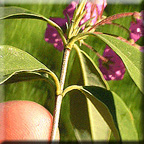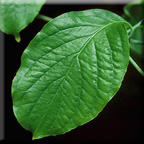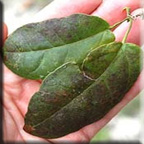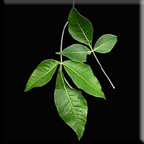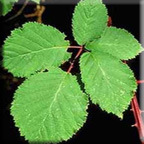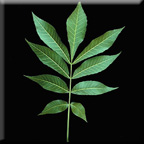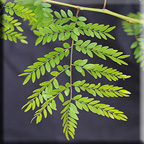 |
A tree generally has a single upright stem and reaches a height of 20 feet. Some species are shrubs in harsh climates and trees in moderate climates. |
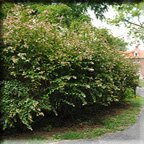 |
Shrubs are low branching, suckering, or have multiple stems and do not reach 20 feet in height. |
 |
Most people recognize brambles, which include roses and blackberries. |
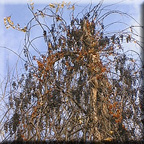 |
Vines require some extra help for support. They hold on to the support by twining, growing tendrils, or aerial roots. |


